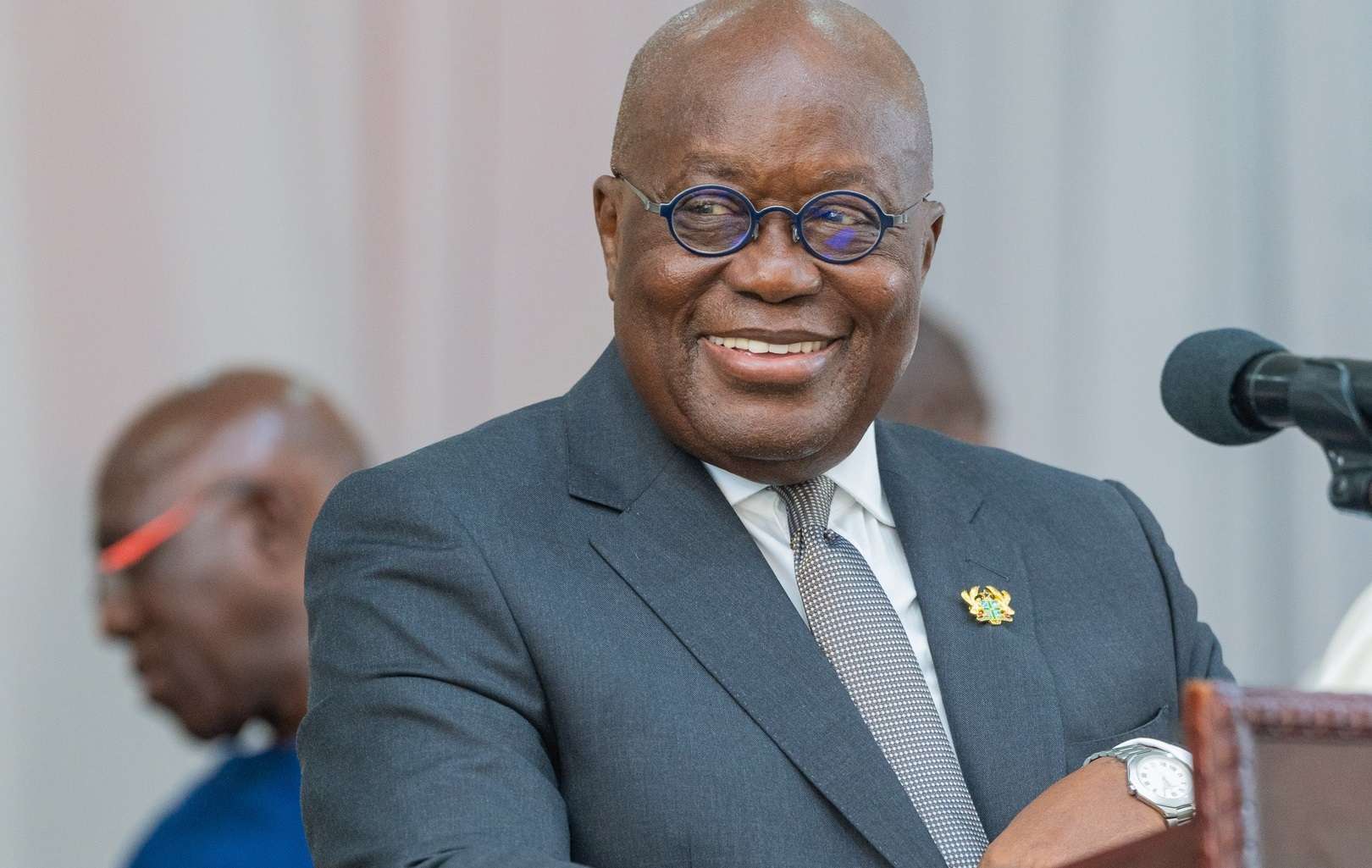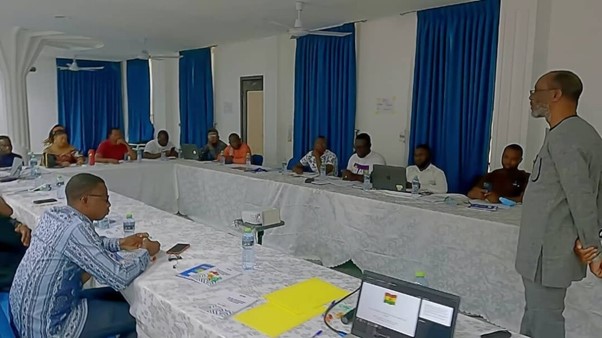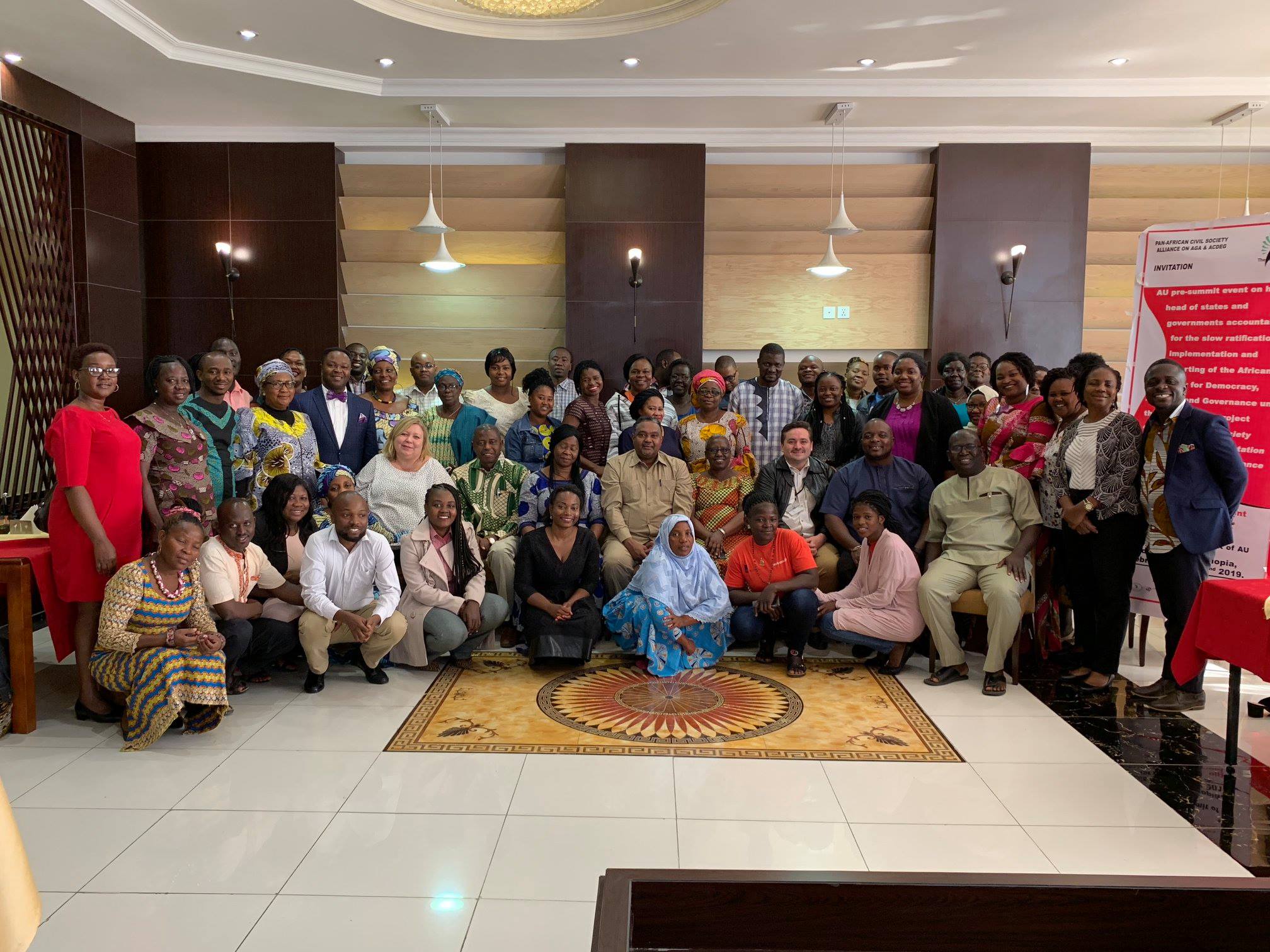The Media Foundation for West Africa (MFWA) convened a high-level multi-stakeholder forum in Accra on June 26, 2025, to spotlight the loopholes in Ghana’s asset declaration and anti-corruption laws and their implications for illicit financial flows (IFFs).
The event, held on the theme Hidden Riches, Hollow Laws: Dissecting the Loopholes that Fuel Corruption and Illicit Financial Flows, forms part of the MFWA’s ongoing efforts to promote fiscal justice and democratic accountability in Ghana and the West Africa region.
Funded by the Norwegian Agency for Development Cooperation (NORAD) through Oxfam in Ghana, and the Thomson Reuters Foundation (TRF), the forum brought together representatives from government institutions, national security, the judiciary, academia, civil society, and the media.
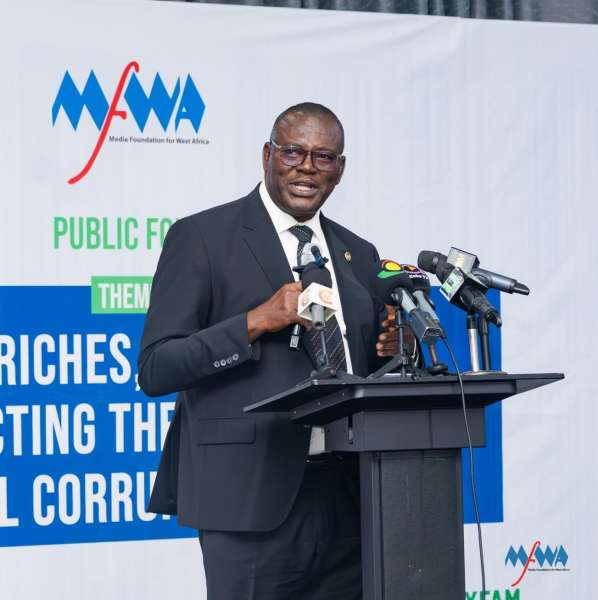
Delivering the keynote address, renowned tax law expert and Associate Professor at the University of Ghana School of Law, Prof. Abdallah Ali-Nakyea, called for far-reaching reforms to Ghana’s asset declaration regime. He urged that access to declared assets by public officeholders be extended to journalists and civil society organisations, rather than being limited to the Auditor General alone.
“There should be greater access to information for journalists and civil society, free of charge, so they can exercise their oversight functions,” Prof. Ali-Nakyea stated. He further advocated for full public disclosure and the inclusion of verification procedures in the asset declaration process.
Citing findings from the Commission on Human Rights and Administrative Justice (CHRAJ), the keynote speaker warned that Ghana loses more than GHS 13.8 billion (US$3 billion) annually to corruption and IFFs, equivalent to over 30% of its GDP. He also flagged gaps in Ghana’s Criminal Offences Act (Act 29), which he said does not align with international anti-corruption conventions and fails to criminalise acts like illicit enrichment and bribery in the private sector.
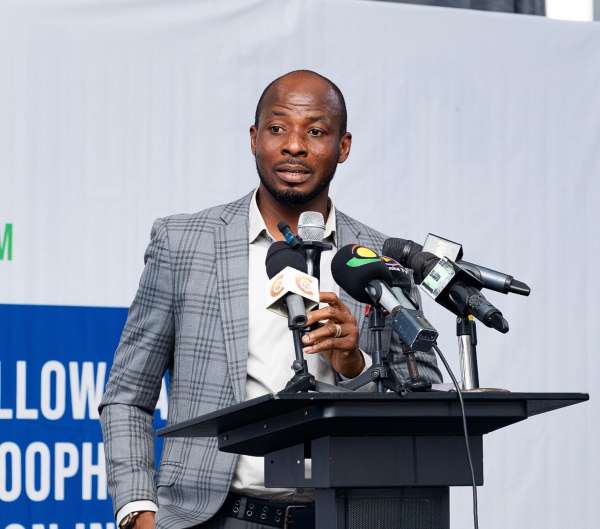
In his welcome address, Dr. Kojo Impraim, Director of the Media for Peace and Social Cohesion Programme at the MFWA reiterated the organisation’s long-standing commitment to curbing corruption and IFFs through investigative journalism and accountability projects, particularly The Fourth Estate.
“Corruption and illicit financial flows are twin demons undermining Ghana’s democracy and development financing,” Dr. Impraim said. “MFWA is actively tackling this challenge. Through our work with The Fourth Estate, we’ve uncovered ghost-names fraud at the National Service Scheme amounting to GHS 548 million (US$ 54 million), exposed a tax exemption of GHS 4 million (USD 380,000), and revealed GHS 1 billion (USD 97 million) in bank fraud over four years.”
He also cited MFWA’s ongoing investigative reporting on the Ghana Revenue Authority and Strategic Mobilisation Limited, which has triggered action by the Office of the Special Prosecutor and the Attorney General.
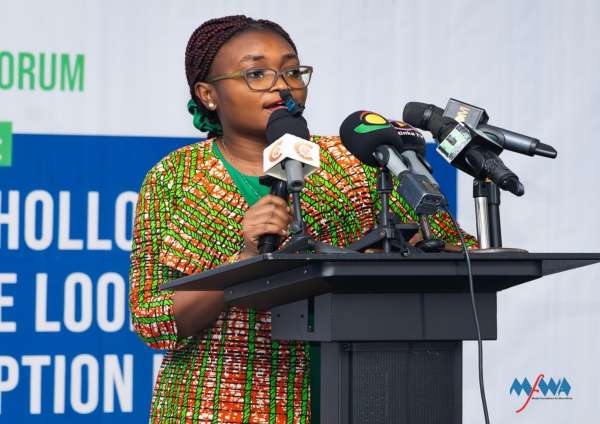
Dr. Angela Azumah Alu, Director of Fiscal Policy at Oxfam in Ghana, delivered a solidarity message at the forum. She praised MFWA’s leadership in driving fiscal justice reforms and detailed Oxfam’s partnership with the Foundation through a NORAD-funded project that strengthens civil society and media capacity to monitor domestic resource mobilisation and IFFs.
“Over the past two years, MFWA has trained 20 young journalists, developed a media guide on reporting DRM and IFFs, and convened critical multi-stakeholder engagements like this forum,” she noted.
The event also featured a panel discussion on strengthening legal tools to combat unexplained wealth and illicit financial flows. Moderated by legal practitioner and broadcaster, Samson Lardy Anyenini.
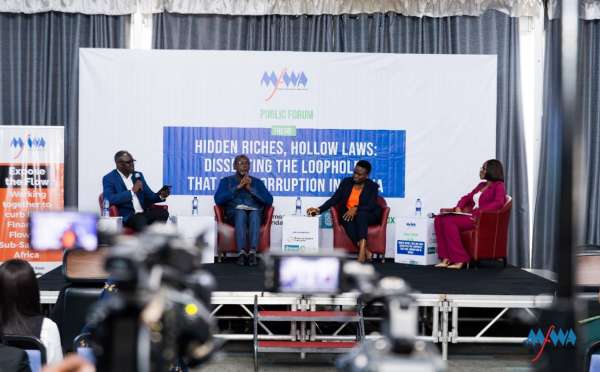
The panel comprised: Sedina Gbeve, Economic and Organised Crime (EOCO); Lucy Abebrese, Financial Intelligence Centre (FIC); and Michael Boadi, Transparency International (TI). The panellists underscored the importance of verification in asset disclosure and called for amendments to criminalise bribery of foreign public officials and to compensate victims of corruption.




